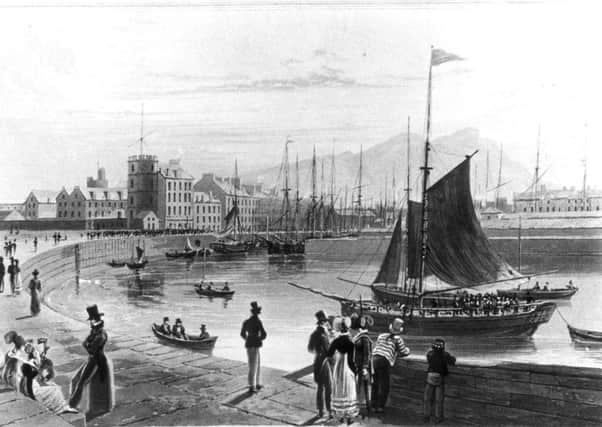On this day 1698: The Darien Expedition sets sail from Leith


The purpose of the expedition was to establish a Scots colony on the Isthmus of Darien, in what is now Panama. It was believed that the colony would help to generate trade with locals and ships that passed, thereby allowing Scotland’s floundering economy to flourish. The expedition was led by a Scottish banker and trader called Sir William Paterson.
The expedition gained huge popularity, and affluent Scots up and down the country ploughed money into the scheme. Approximately £500,000 was eventually raise - around half the total wealth available in Scotland at that time. Roughly twelve hundred men departed Leith that day on five chartered ships, with wild ideas of what the their foreign destination held in store.
Advertisement
Hide AdAdvertisement
Hide AdSadly, the expedition proved to be disastrous due to the poor food, water and living standards on the island. Diseases such as malaria and fever took control of the men, eventually creating a mortality rate of ten men per day. This stemmed from the fact that settlers were unable to trade with locals or passing ships that stopped in the bay, leading to a lack of resources.
Only eight months after arrival was the expedition abandoned, and the small number of men that were left returned from the island. Tragically, even more men passed away on the return journey, only three hundred men out of the original twelve hundred arrived back on to home soil alive.
A second voyage was already under way before word of failure about the first reached home, there were three vessels holding an an approximate of ten hundred men.
The Darien scheme – or disaster, as it’s sometimes referred to – created the economic conditions which would pave the way for the 1707 Act of Union, as many Scots sought to recoup their heavy financial losses through partnership with England.
